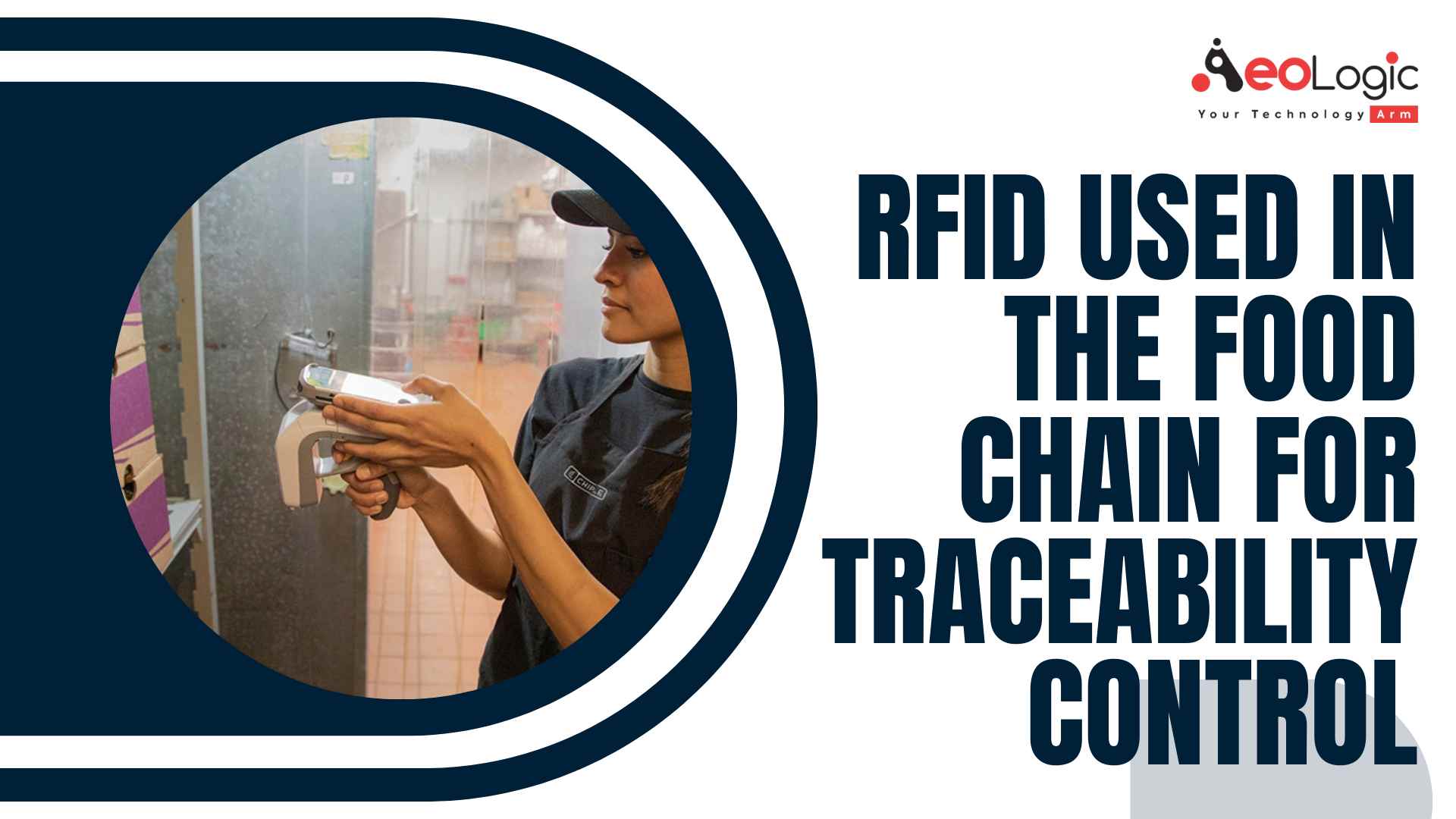In the food sector companies must guarantee and certify the quality and freshness of the products. This brings certain problems for the industry, along with those caused by communication with suppliers or distribution times. This is why RFID used in the food chain for traceability is so important. Before the COVID-19 pandemic, consumers were becoming more conscious about the sources of the food they put on their tables, forcing a shift in supply chain transparency. Now, in a time of increased health issues and supply chain problems, there is an even more urgent need to attain consumer confidence with the assurance of food safety and reliability.
Recognizing the demand to enhance supply chain visibility and traceability, businesses involved in producing, storing, transporting, and selling food products have started to delve into the use of radio frequency identification (RFID) technology. While not a new solution, modern RFID used in the food chain for traceability is well-positioned to address the food industry’s unique challenges. Like minimizing waste, optimizing inventory, and providing traceability throughout the supply chain.
Also read: How is Big Data Used to Control Food Supply Chains?
What is RFID Technology?
RFID used in the food chain for traceability is a technology that involves labels or tags that emit a small radio frequency. This enables real-time and highly precise radio stock counts of items that are “tagged” compared to conventional methods.
RFID has been accepted by apparel and major retail sectors for years. Specifically, brands like Target, Nike, Levi’s, and Macy’s are among the technology’s most vocal supporters because the solution has facilitated their supply chains more agile. Understanding these industries, the food industry is now poised to enjoy some of the same leverages.
Take, for instance, companies in the food and beverage industry. Traceability is necessary for any supply chain. But potentially even more so in this specific supply chain. Food manufacturers can’t risk manual data entry and inventory management from either a traceability standpoint or an efficiency standpoint.
And as far as traceability is concerned, RFID used in the food chain for traceability allows you to keep a record of your inventory at the lot level. This potential provides you with all-new visibility into the state of your inventory, and your warehouse thoroughly.
More Accurate Identification and Traceability
RFID allows you to identify products in real time so that you know how much stock you have of a particular item and where it is in the supply chain. Traceability is important for a variety of reasons. When it comes to food, you might need to trace its source or pathway through the supply chain to make sure safety. This data gives you access to weights, expiration dates, and lot numbers. As well as other major details like temperature and humidity. Traceability is a concept that we have talked about on our blog on various occasions. It is a very important term to comprehend how RFID operates. So we invite you to read some of our articles to understand it better.
The identification of products through RFID tags helps us to know where the products are in real-time. And how much stock is needed or by series of products. RFID in food allows for the identification of every one of the food products, boxes, trays, and general merchandise.
With RFID used in the food chain for traceability. We can also rapidly and easily recognize the expiration date, preferred consumption, lot number, variable weights, gross and net weight, and all the information relevant to the conditions that the product needs, such as temperature and humidity among others.
Conclusion
Incorporating an RFID system will save you a lot of time tracking your inventory. So much so that you can go from spending an entire day counting just one item, to investing a mere three hours inventorying your entire warehouse. That’s how important an RFID tracking solution is.
Also read: How Modern Technology is Improving Food Supply Chain
For any queries, please contact us at Aeologic Technologies
FAQs
How precise is RFID tracking?
RFID boosts inventory accuracy, from a normal of 65 percent to more than 95 percent. And high inventory accuracy can direct to increased sales. However, only if retailers use the data to enhance their operations and processes.
Can you track someone using an RFID tag?
An Active RFID system can be incorporated quickly allowing you to track people in locations that you would have required expensive GPS devices in the past. Using active RFID, you can track people anywhere as they move without the need for portal technology.









